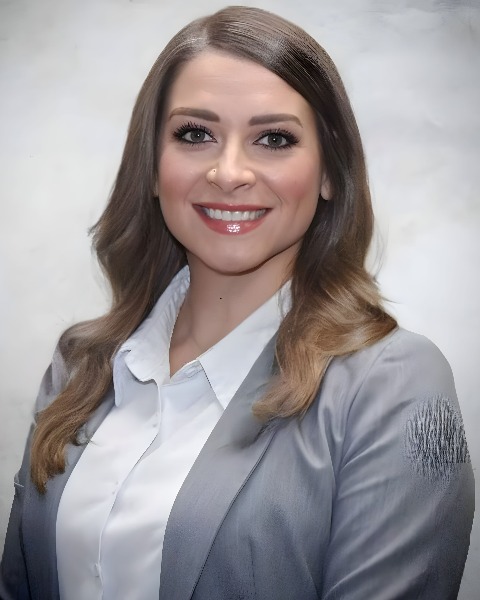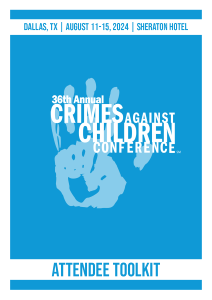Back
Workshop
Sheraton Conference Center - 3rd Floor
The Interplay Between Childhood Trauma and Substance Use
Monday, August 12, 2024
8:30 AM – 9:45 AM CT
Location: State 2
Credit Hours: 1.25

Reanna Bell
Therapist II
Dallas Children's Advocacy Center
Becky Tinney (she/her/hers)
Director of Special Projects
Recovery Resource Council
Primary Presenter(s)
Co-Presenter(s)
Effective change requires the altering of perceptions and challenging preconceived opinions - understanding substance use is no exception. Participants will learn to challenge personal and institutional biases surrounding substance use so that its correlation to childhood trauma can be recognized and appropriate resources secured. Three contexts of substance use are to be examined: personal use as a coping skill in response to trauma; forced use as a form of coercion or control; third-party use or involvement and its effect on relational bystanders. Participants will learn how to reimagine or refine their approach to handling cases, clients, and the community with a greater understanding of the role of childhood trauma in substance use. Additionally, participants will leave with a foundational knowledge base of childhood trauma and its interaction with substance use disorders to better prevent, understand, or provide appropriate services in their relevant field. Practice tips in recognizing a connection between substance use and trauma will be provided along with next-step suggestions for specific responsive actions and resources.
Learning Objectives:
- Develop proactive strategies for challenging and reshaping preconceived perspectives of substance use to promote trauma informed approaches in the treatment field
- Identify and explore three contexts of substance use: coping in response to trauma, use due to coercion or control, and third-party involvement affecting relational bystanders
- Integrate practical tips for recognizing the connection between trauma and substance use into professional practices, supporting the delivery of trauma informed services within relevant fields

